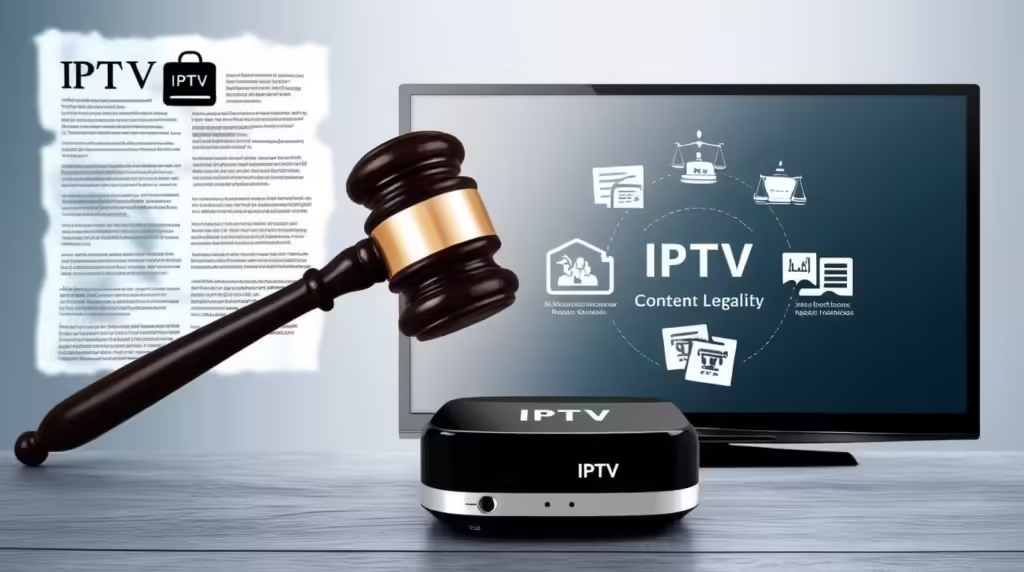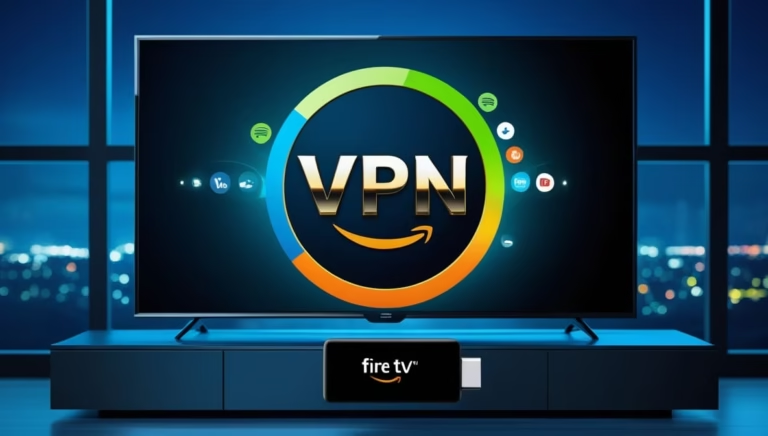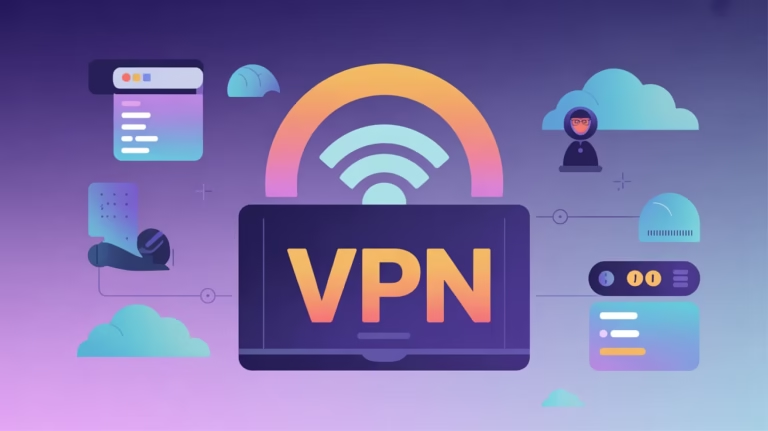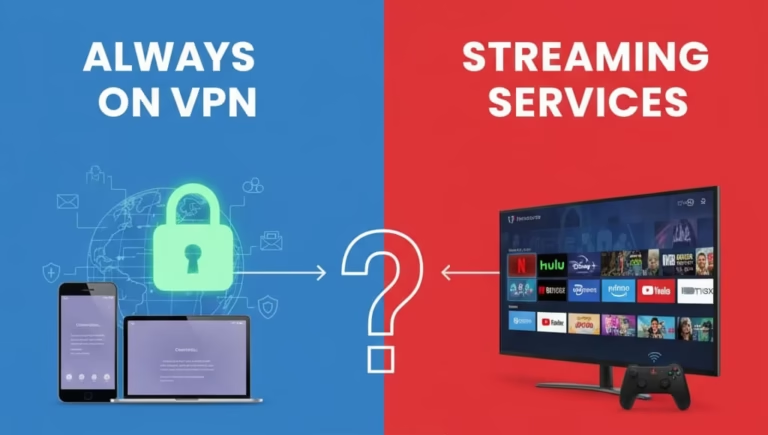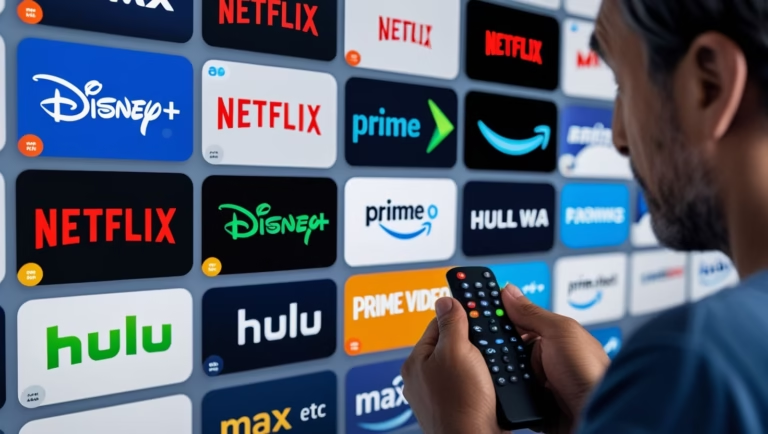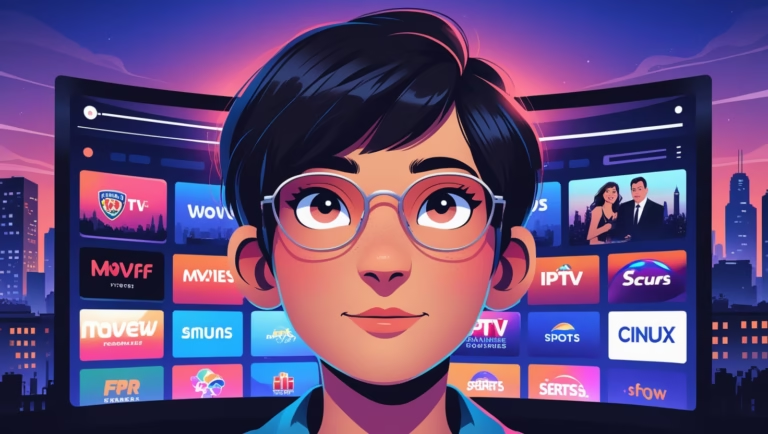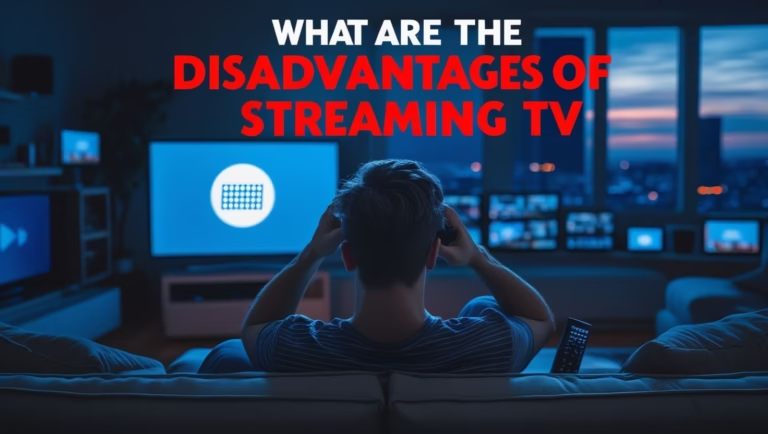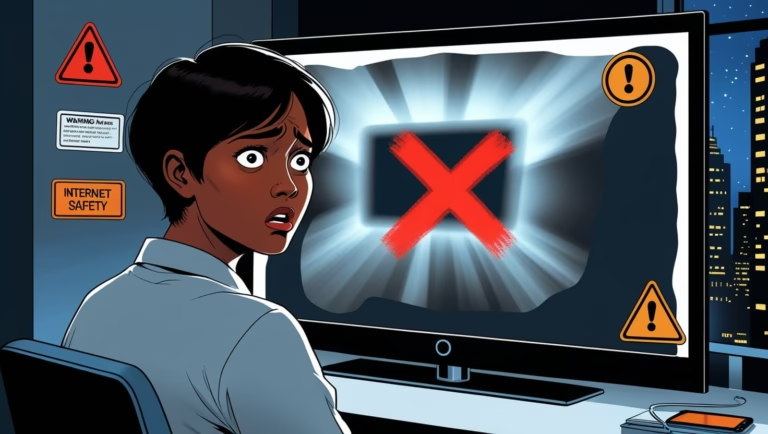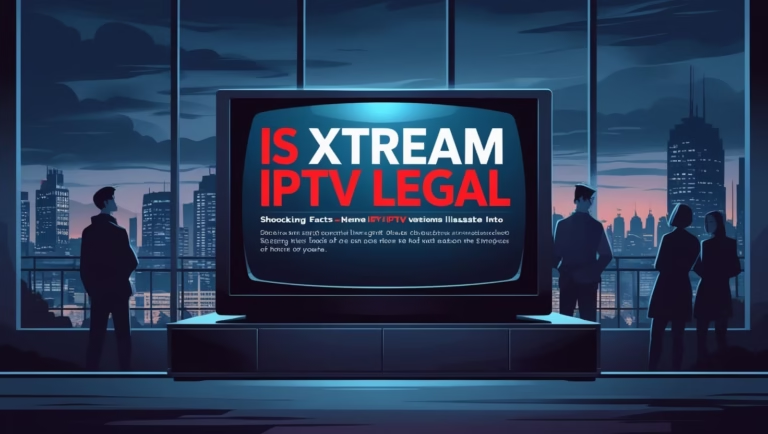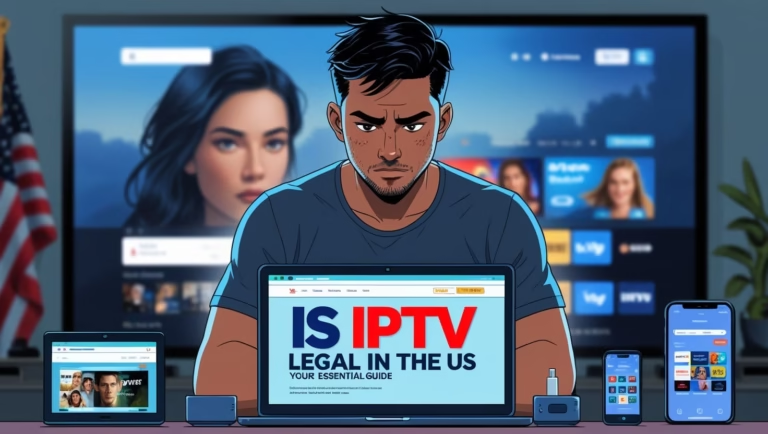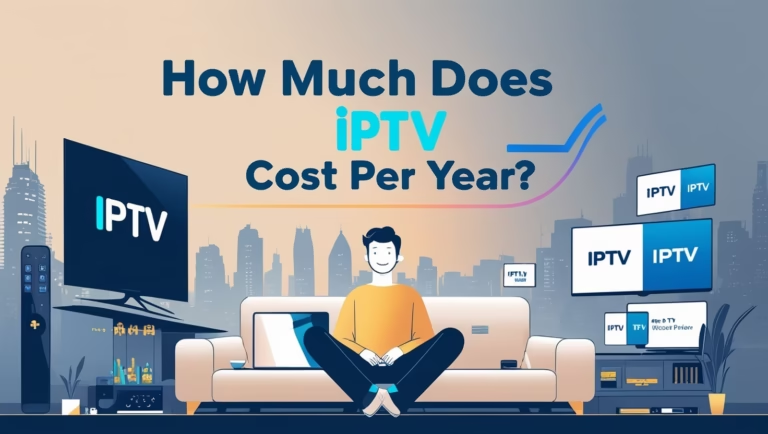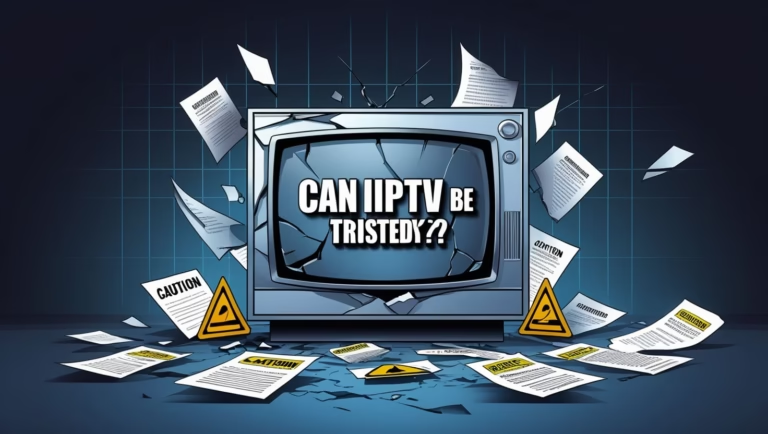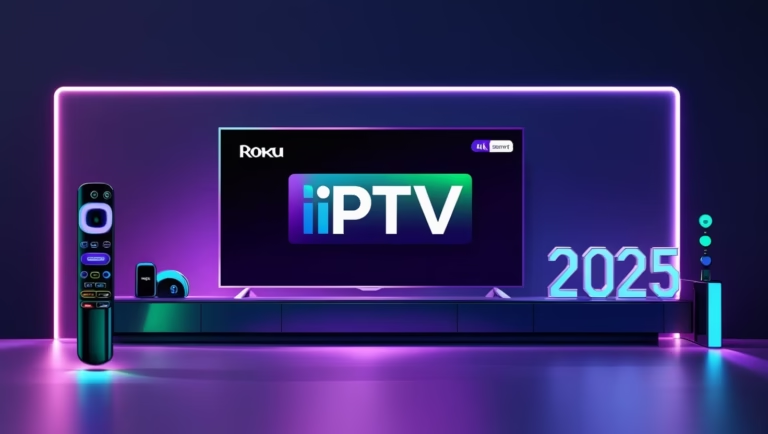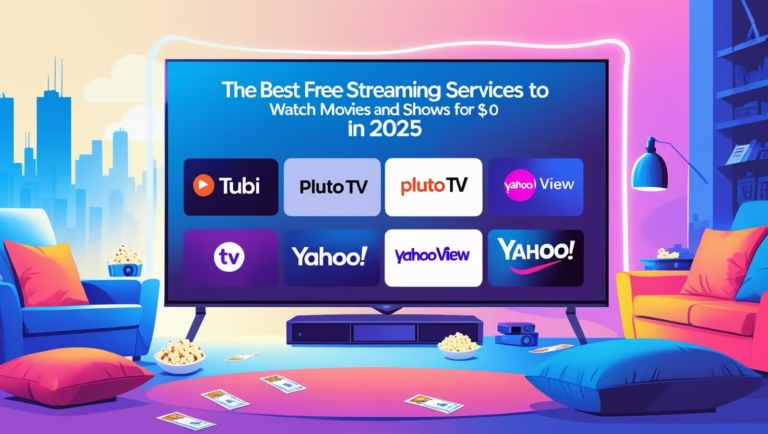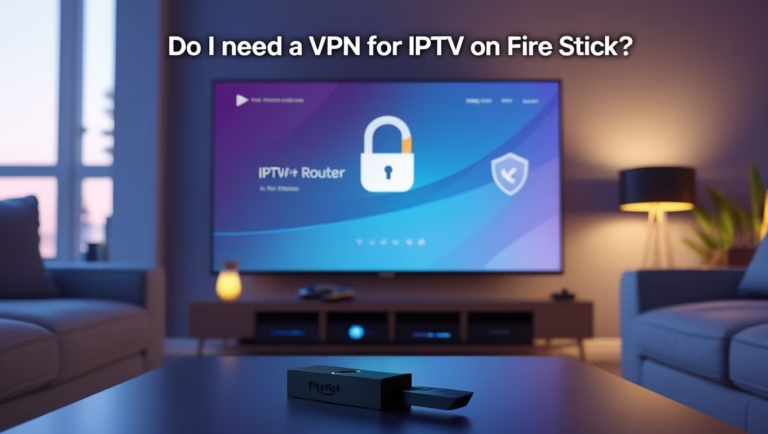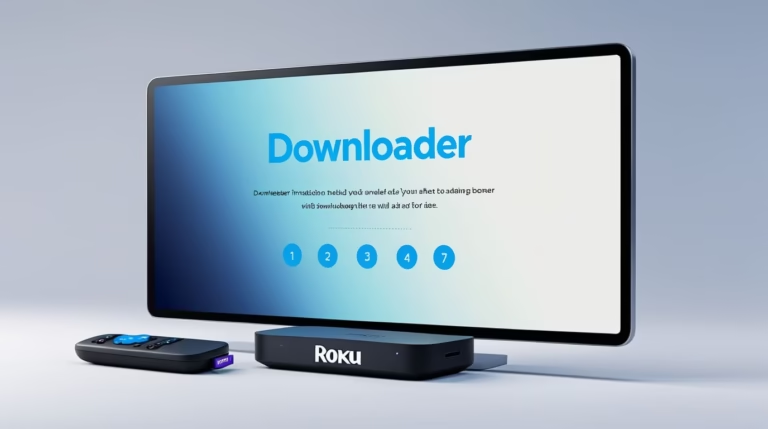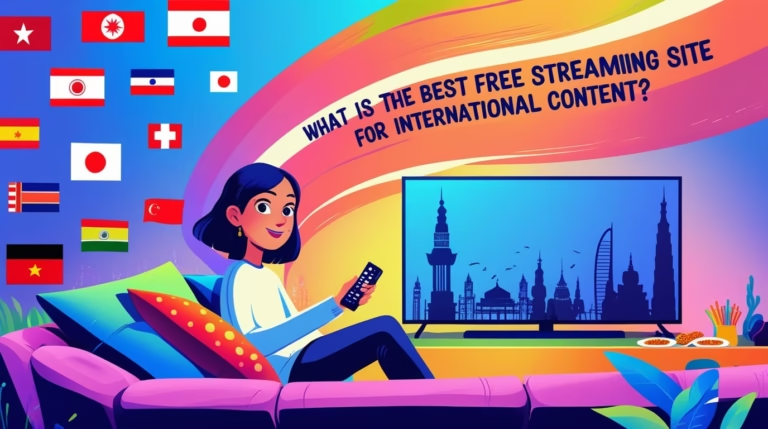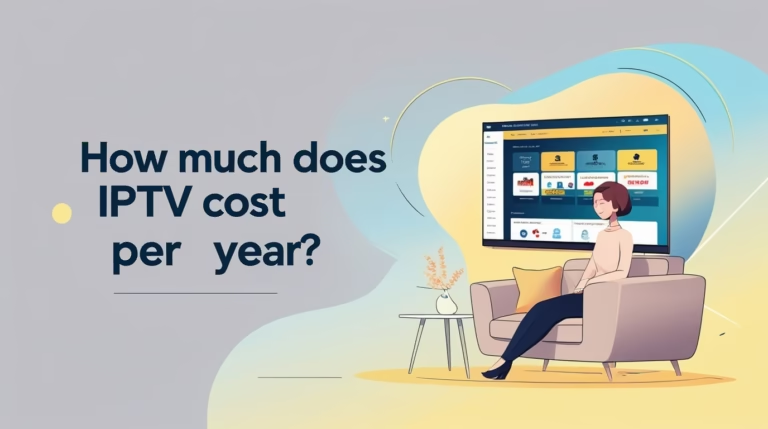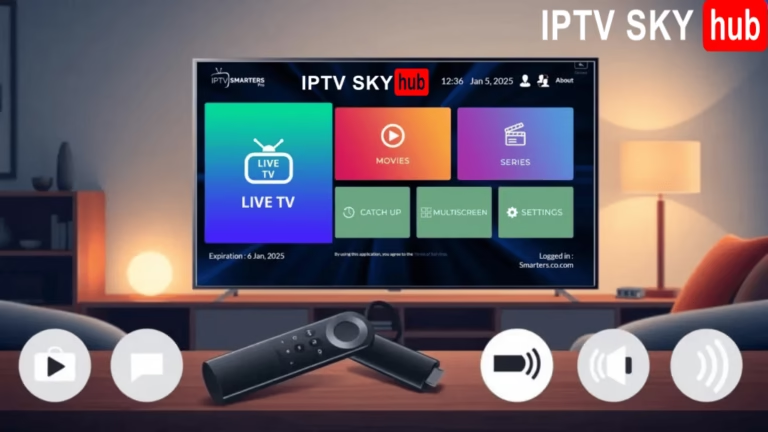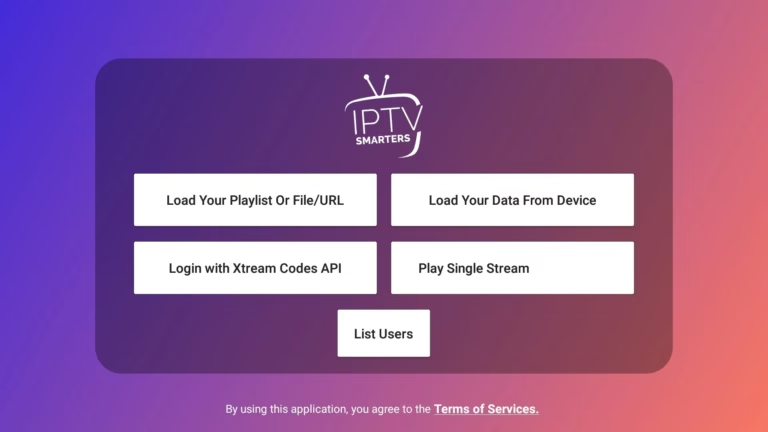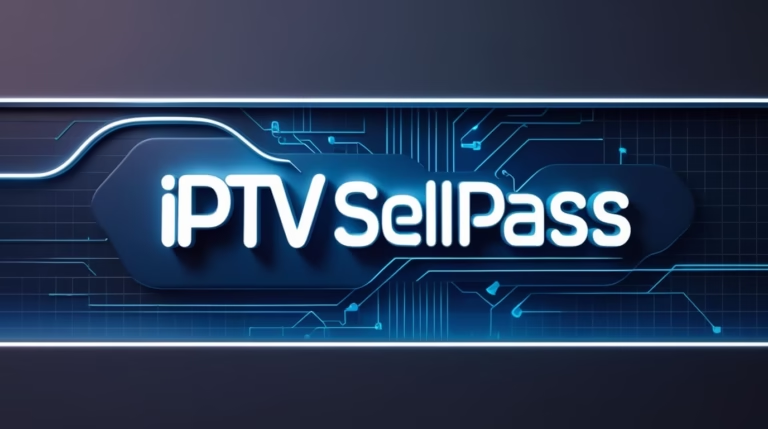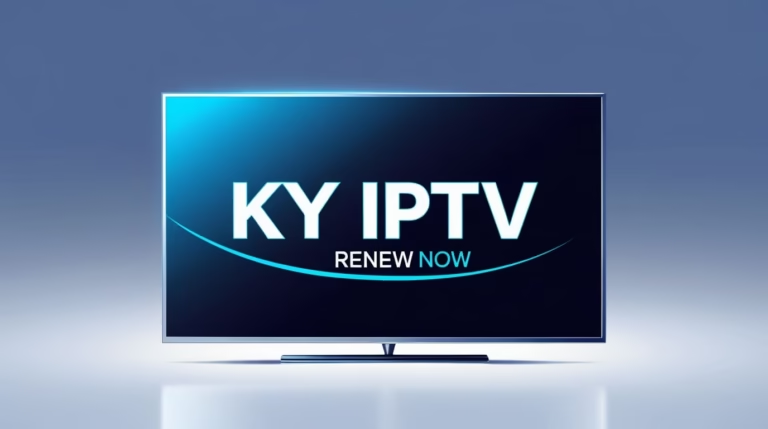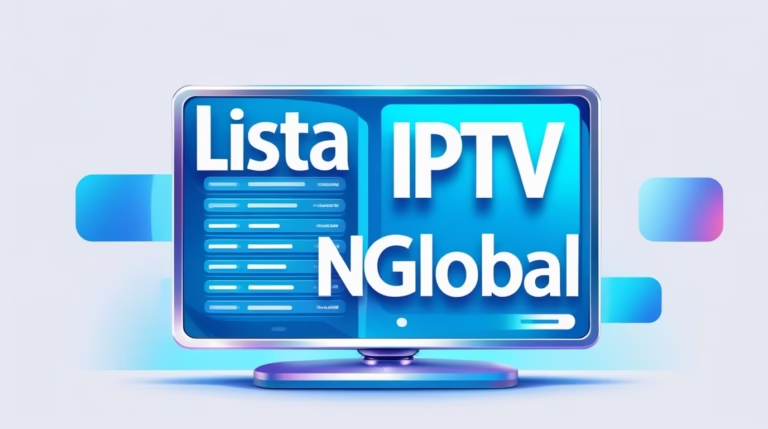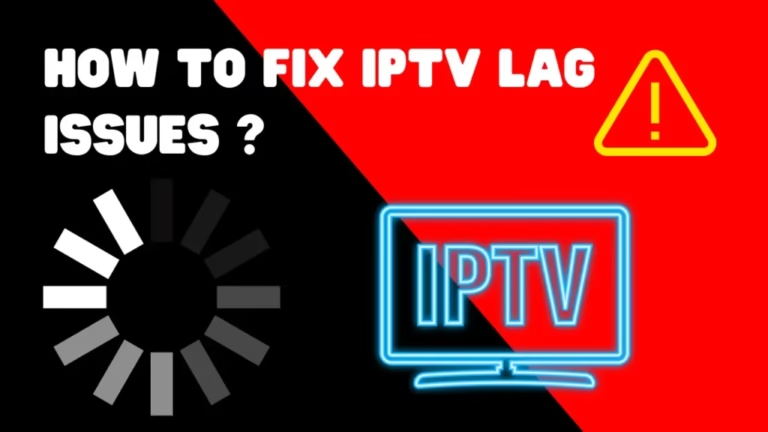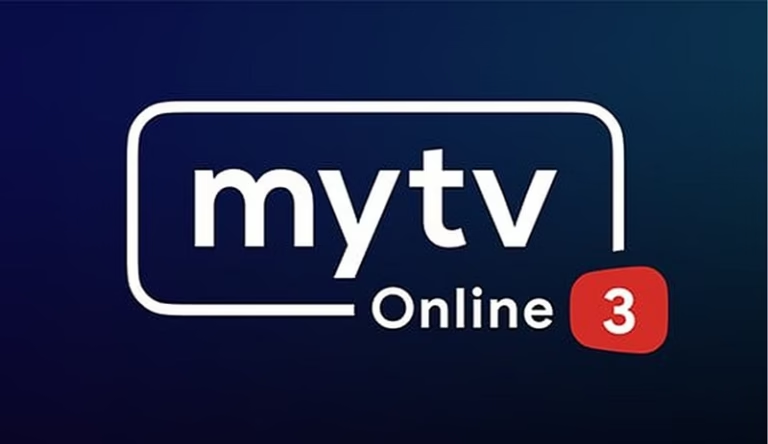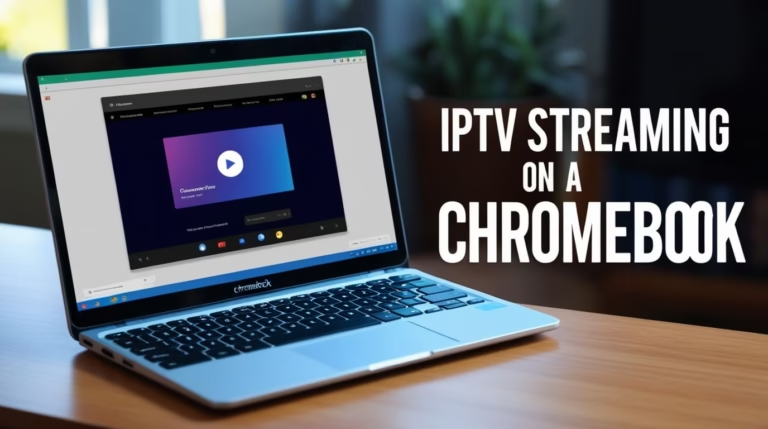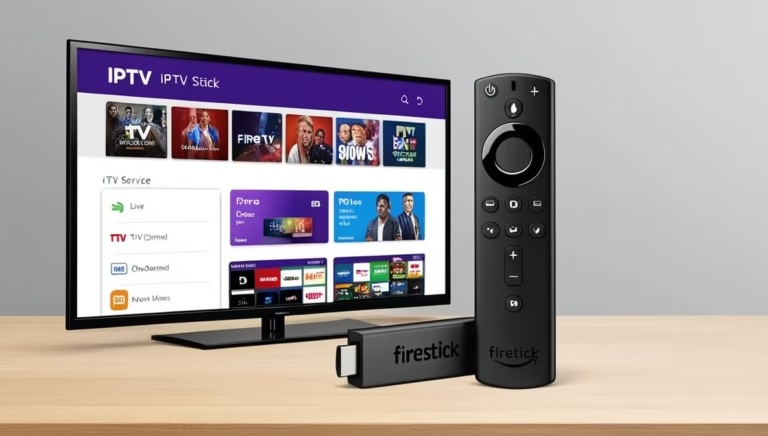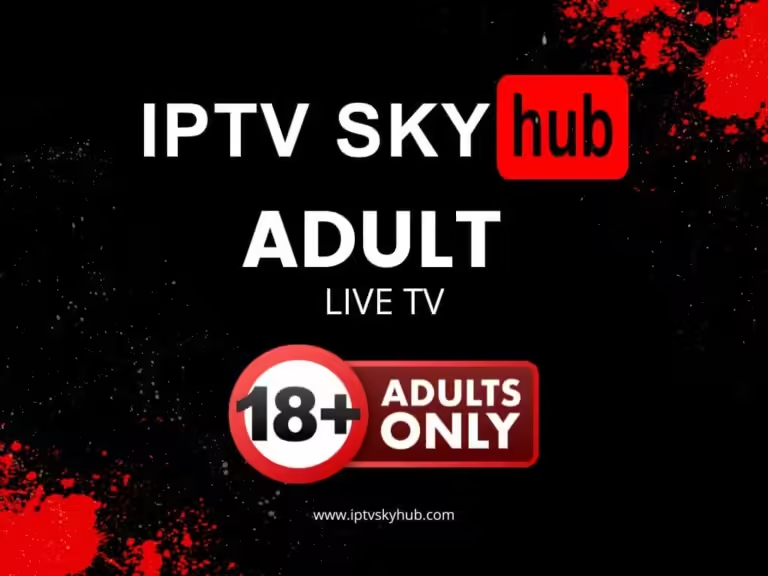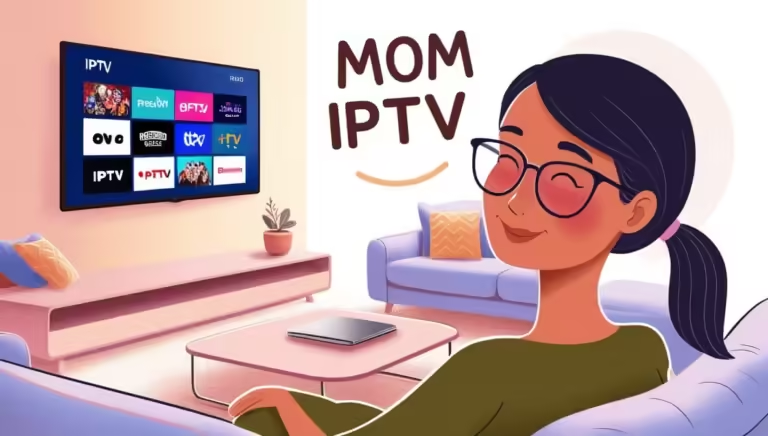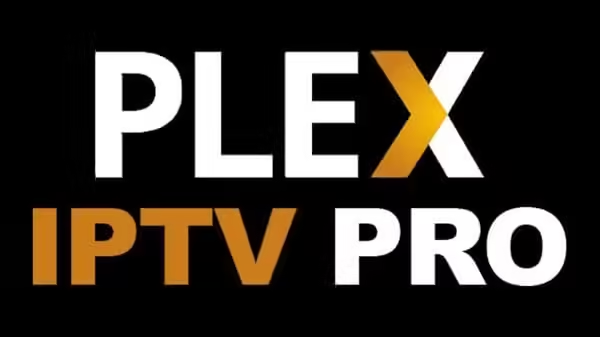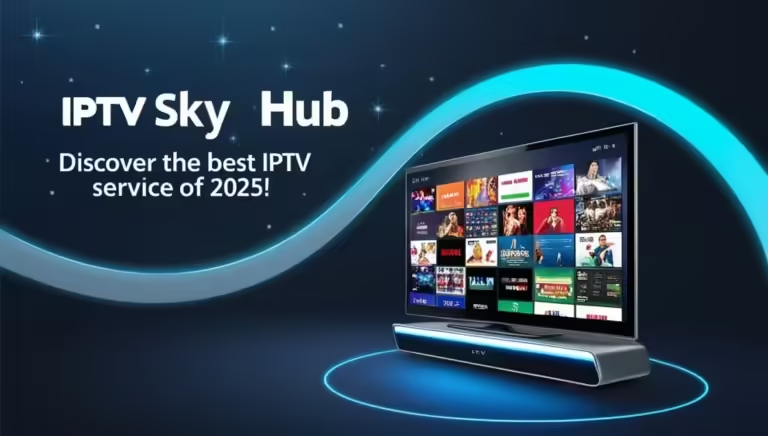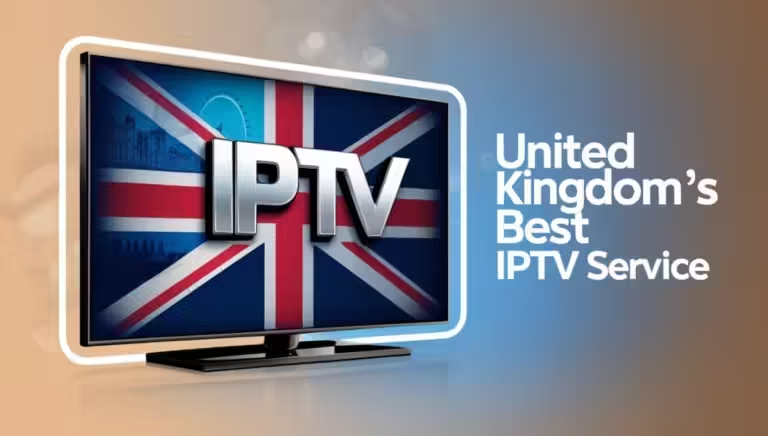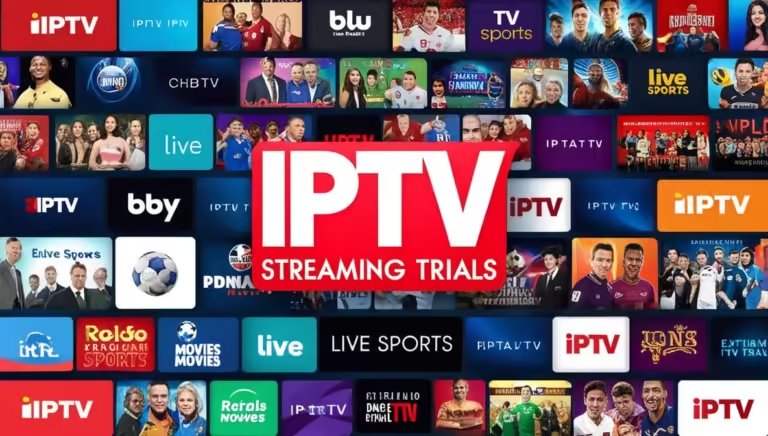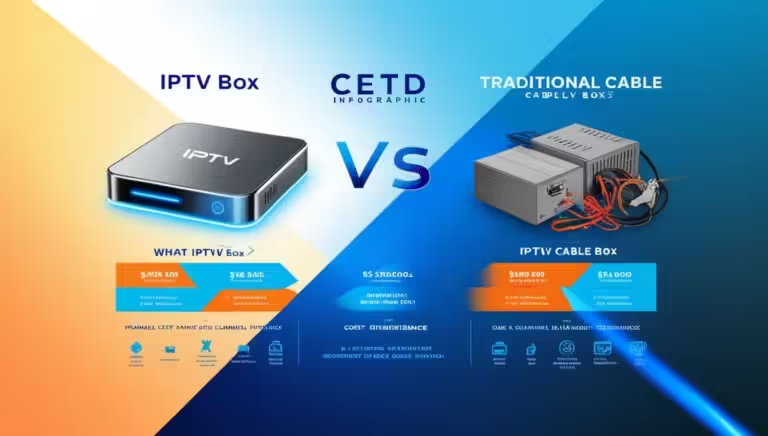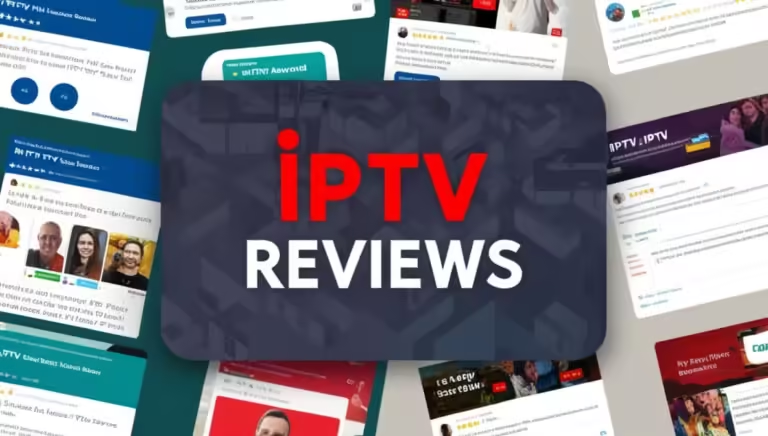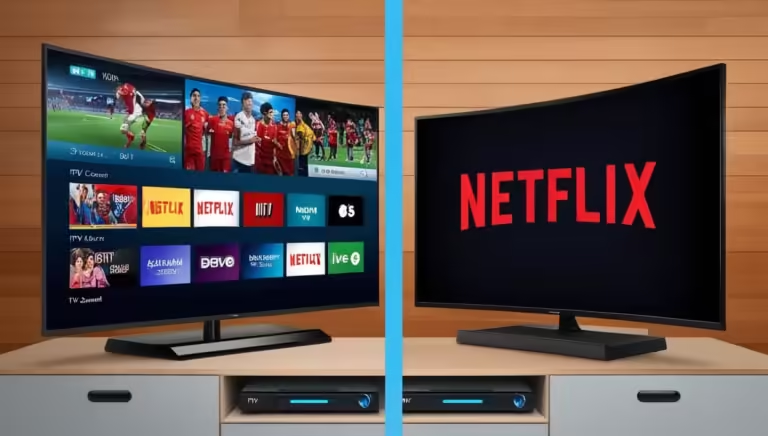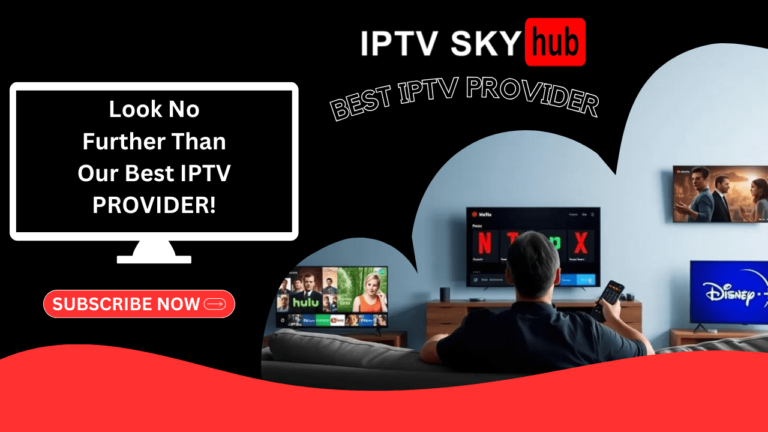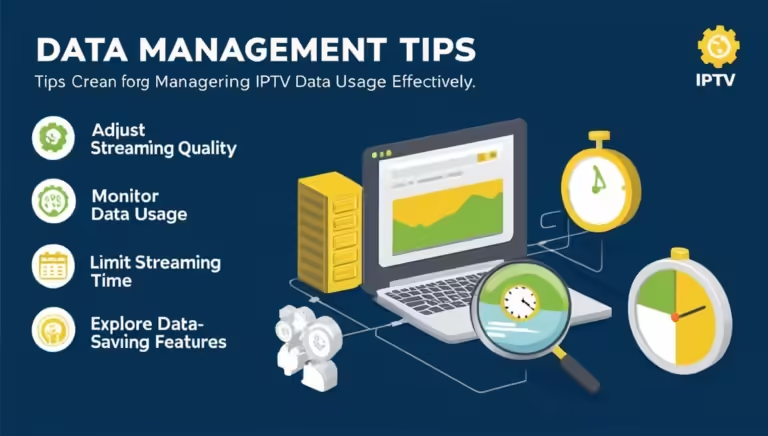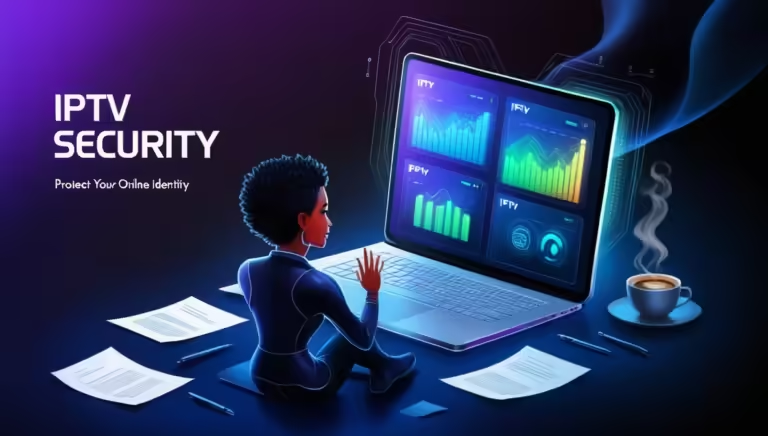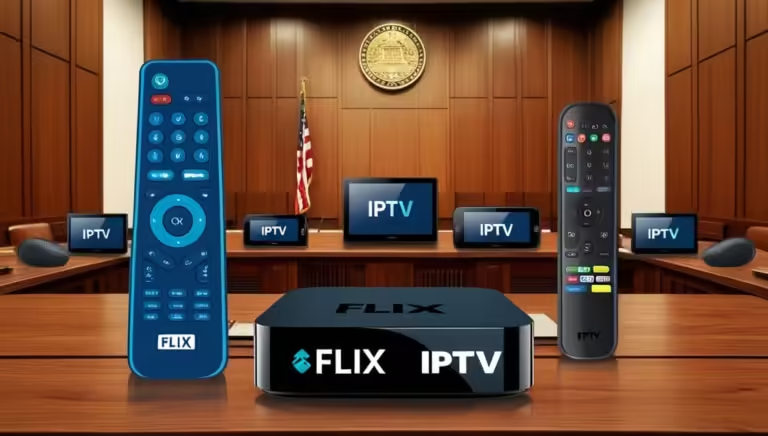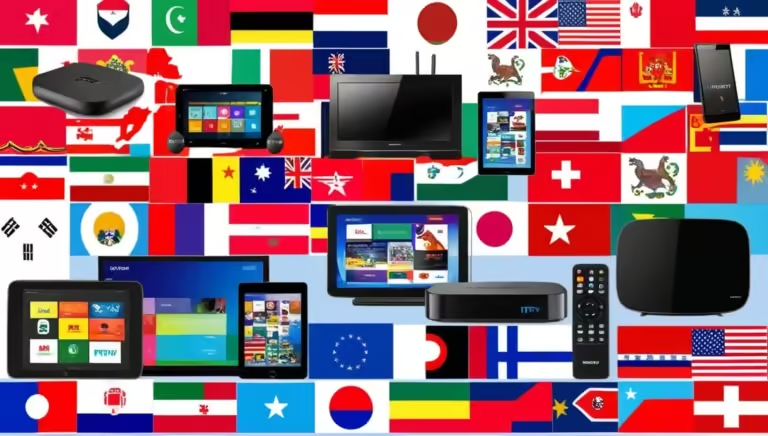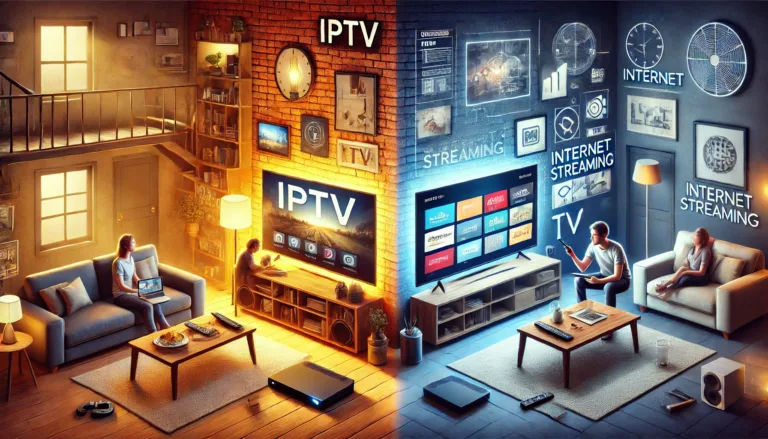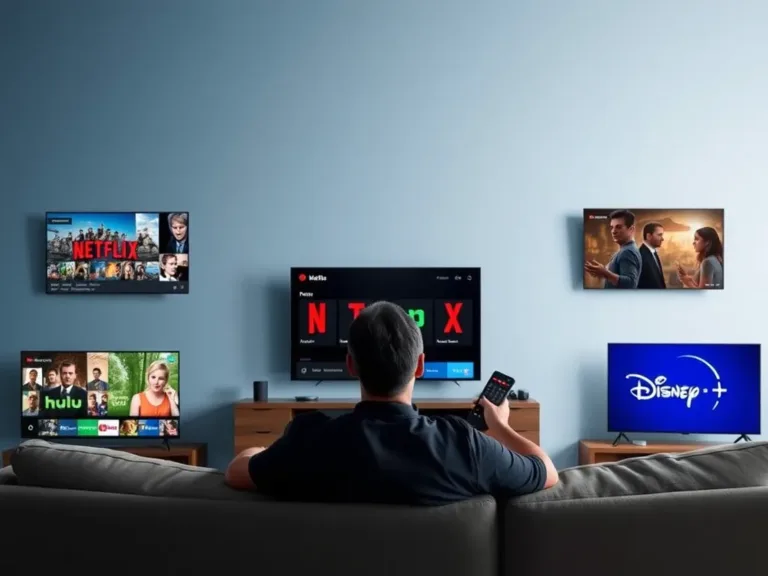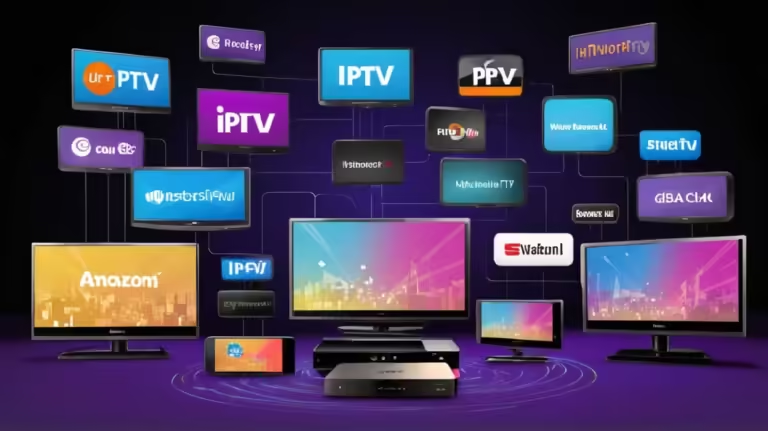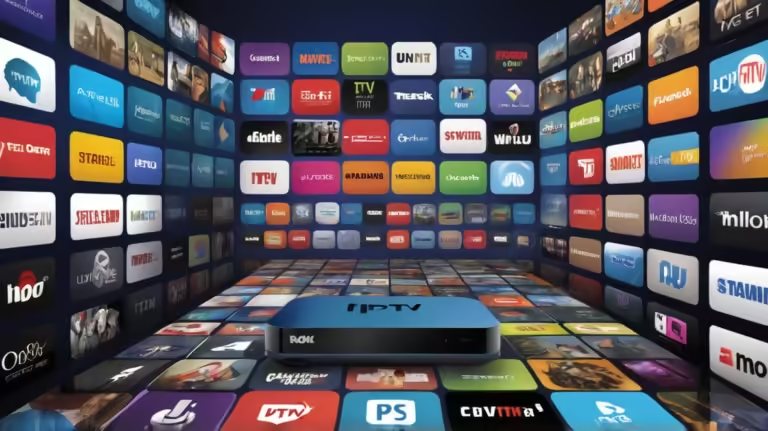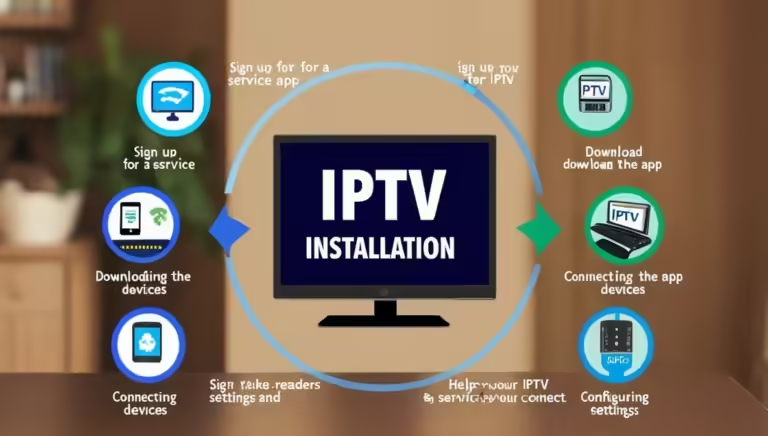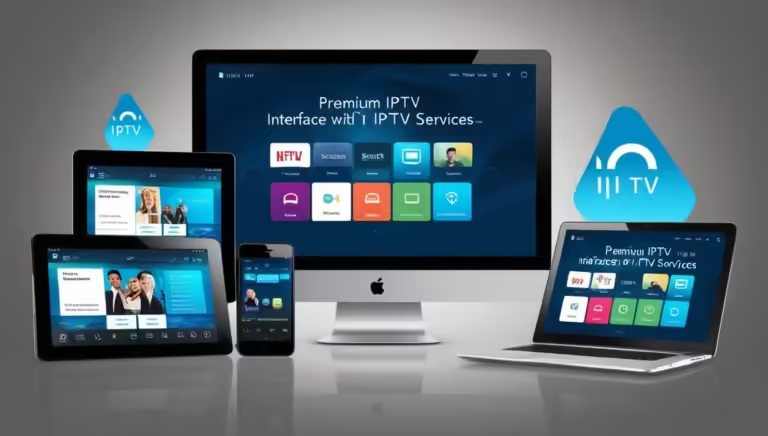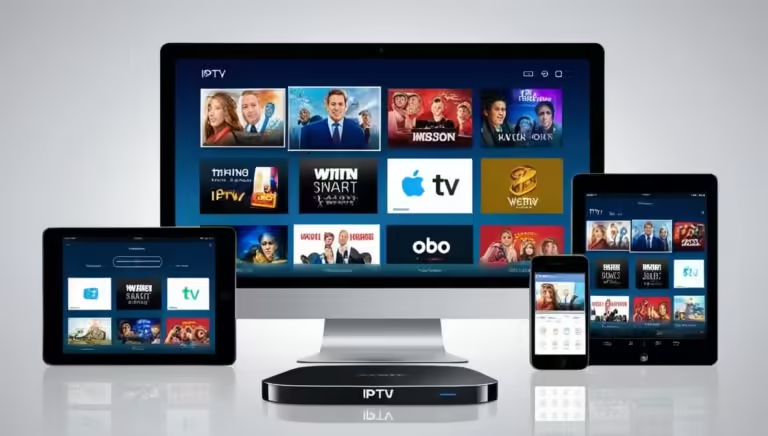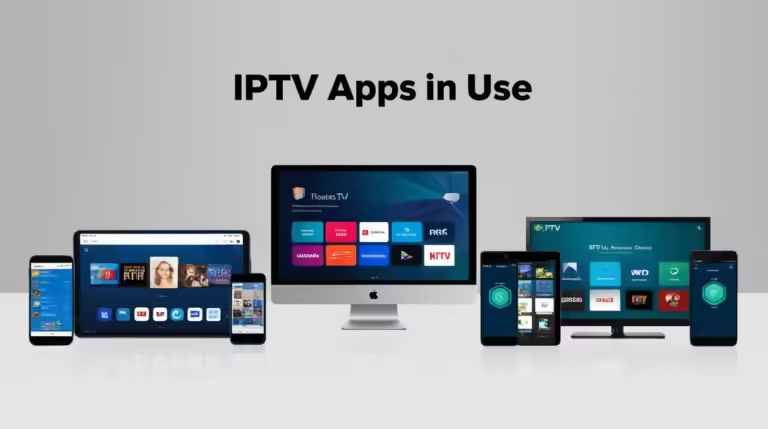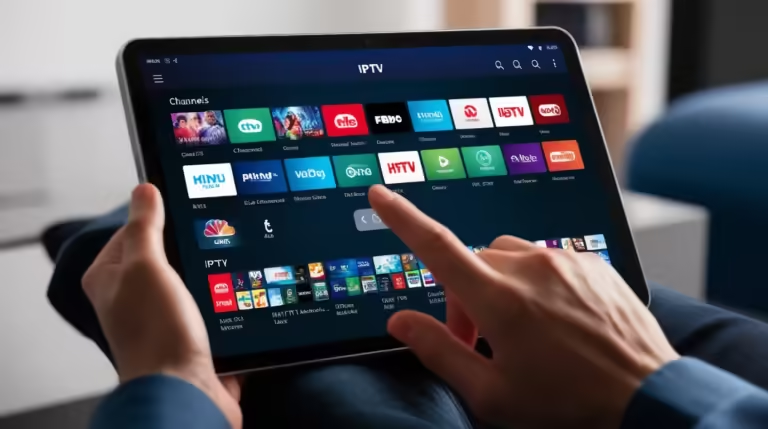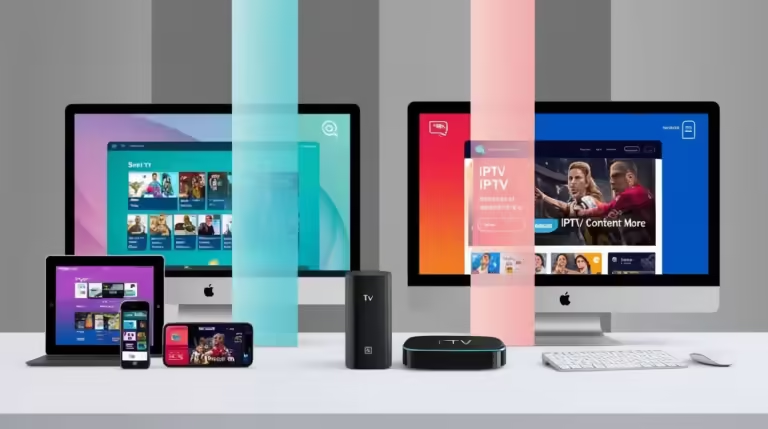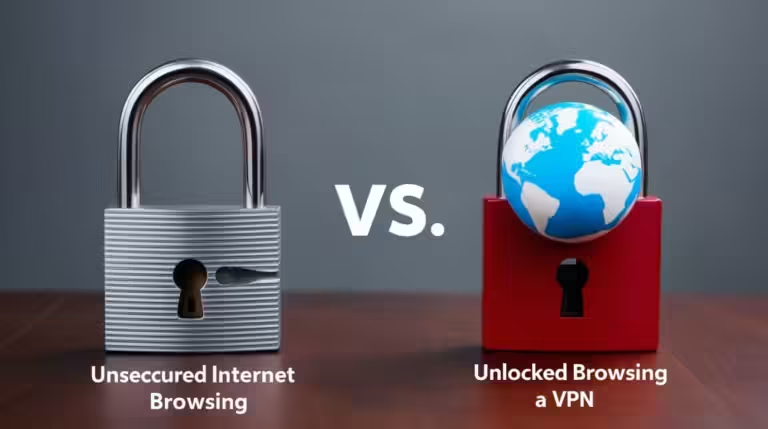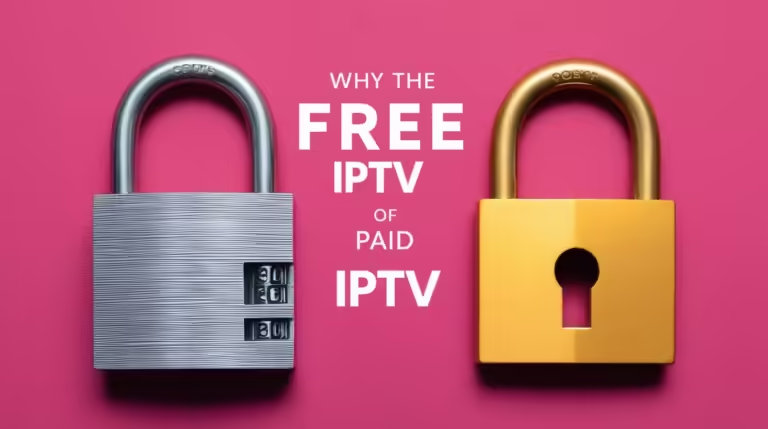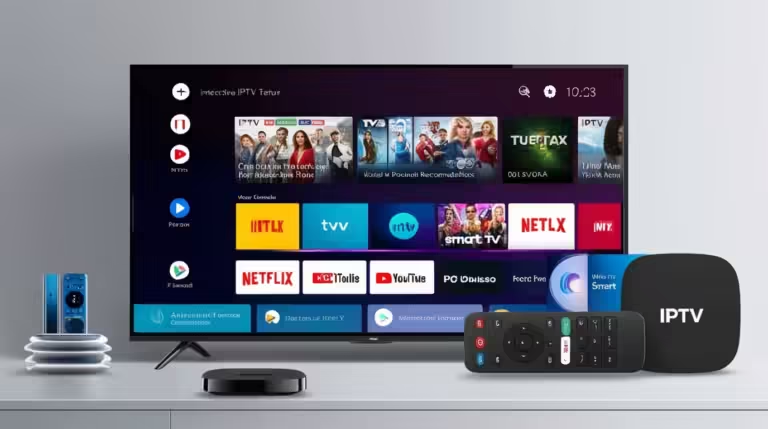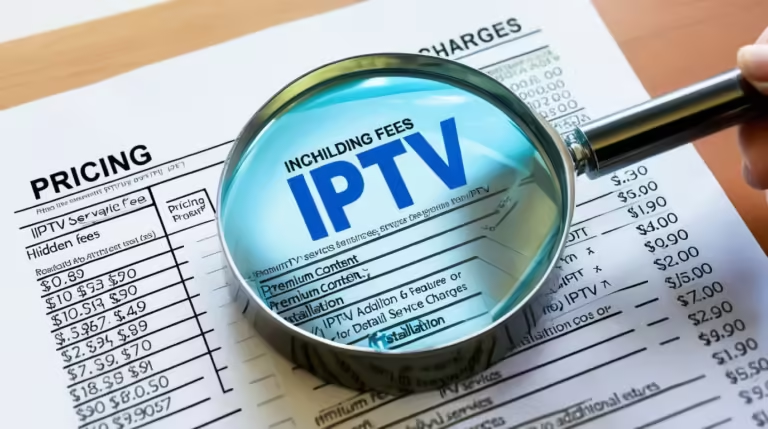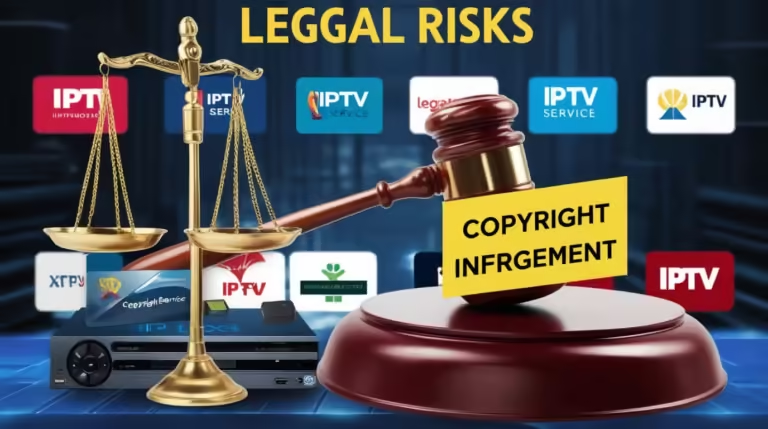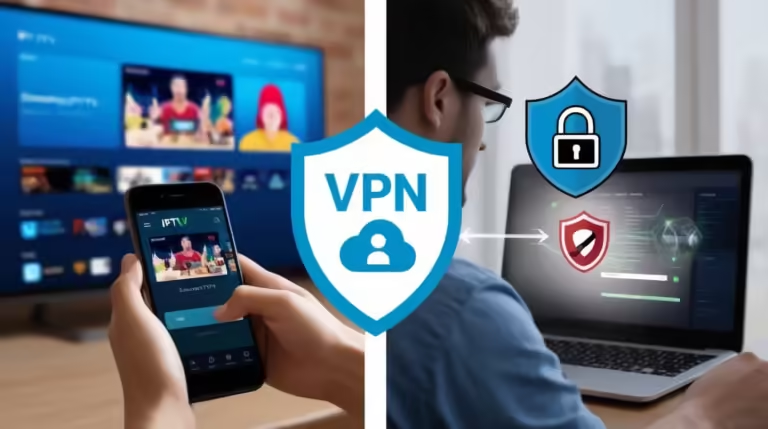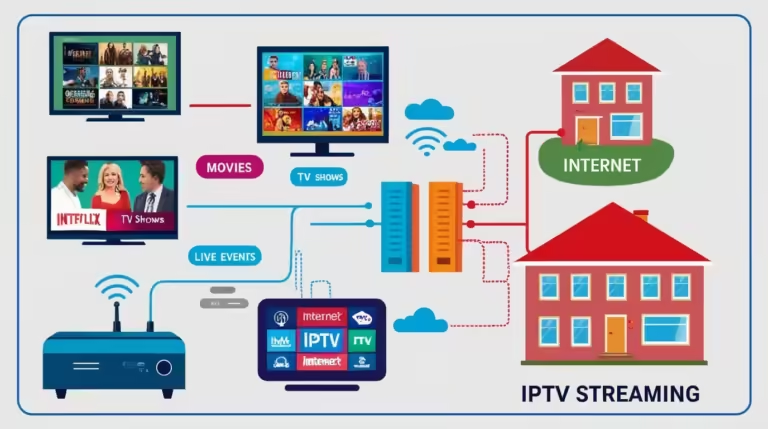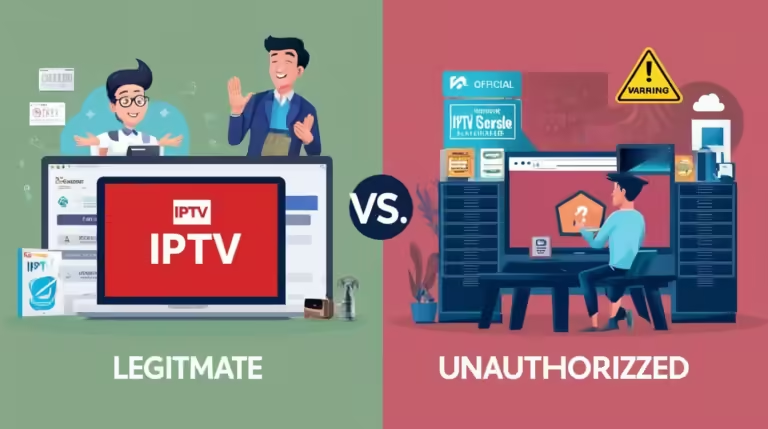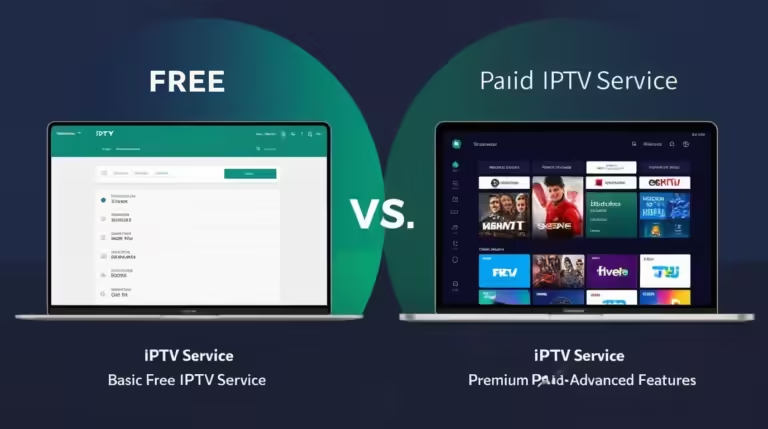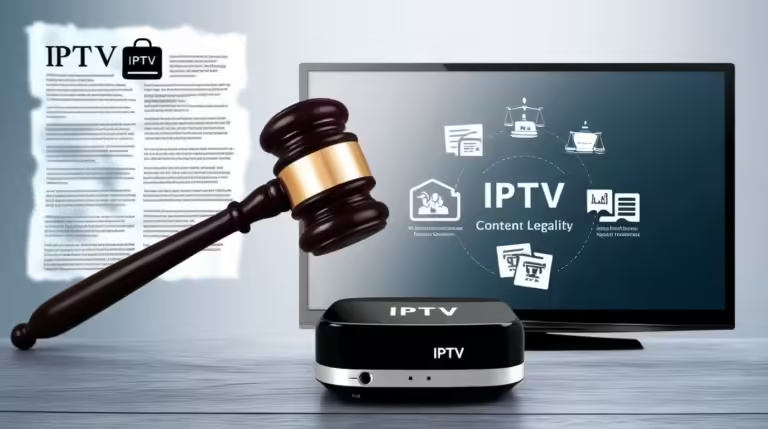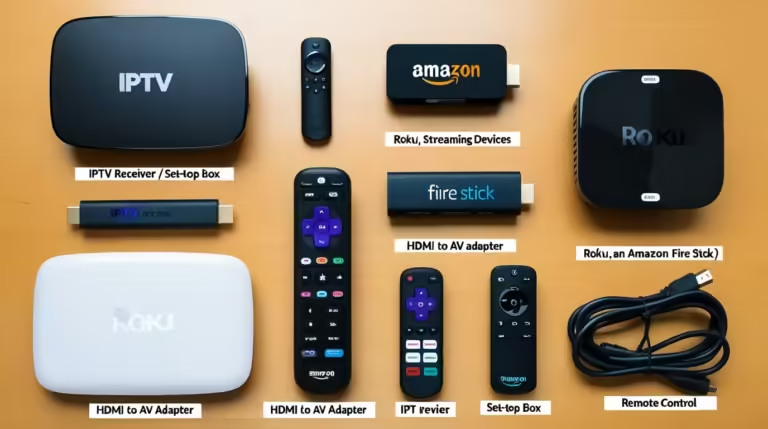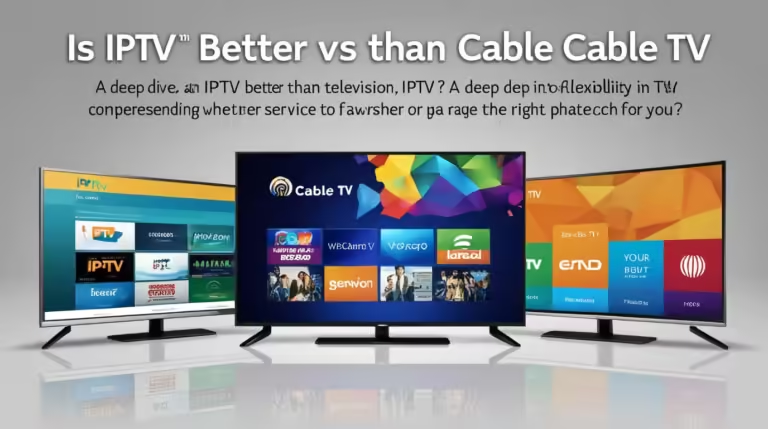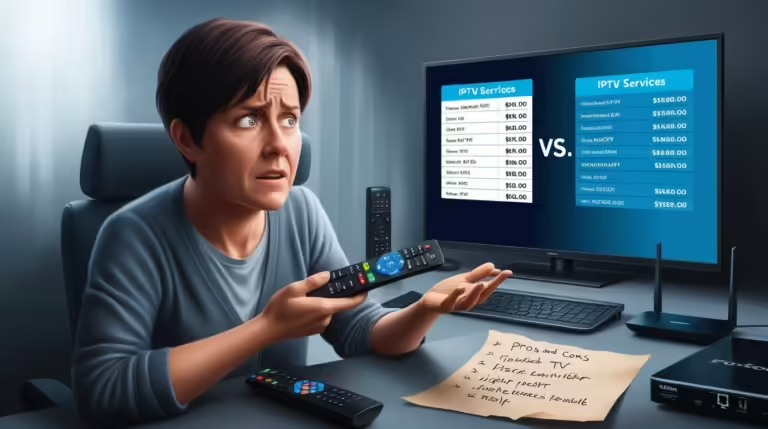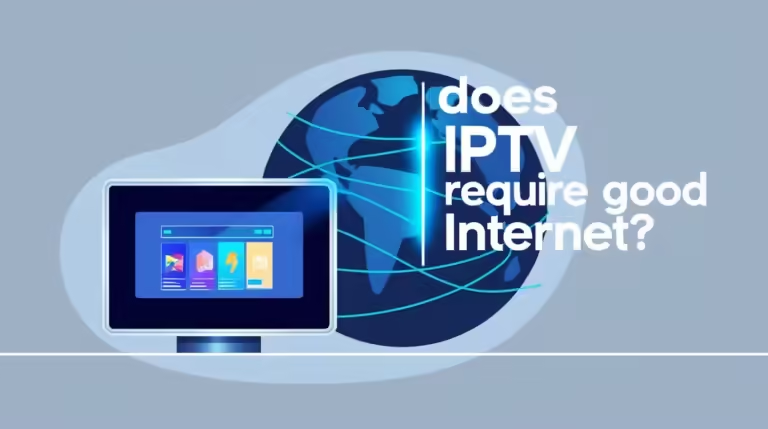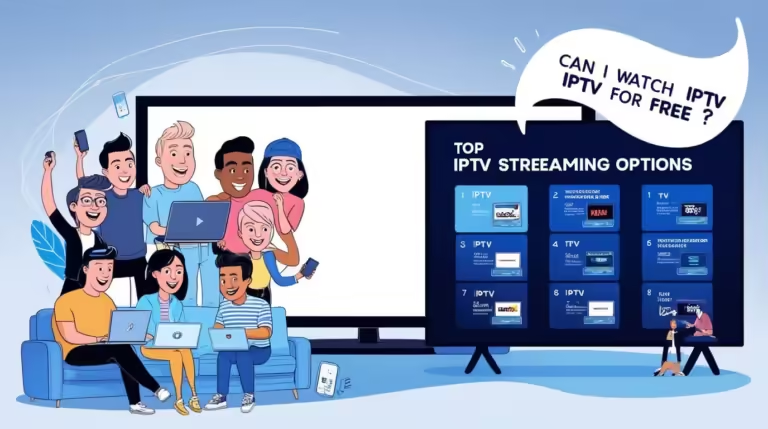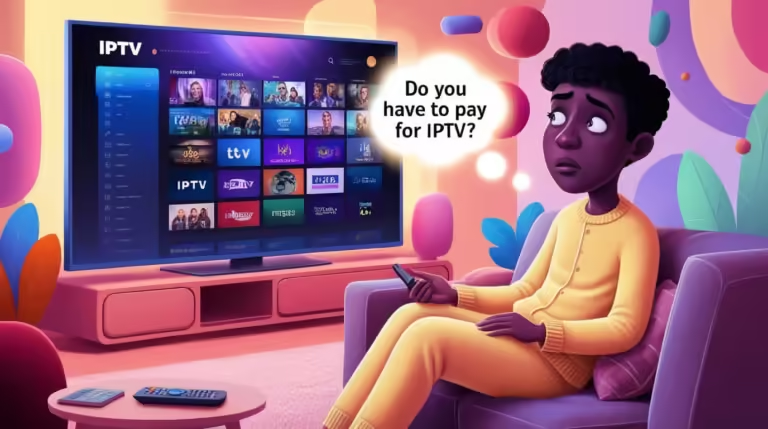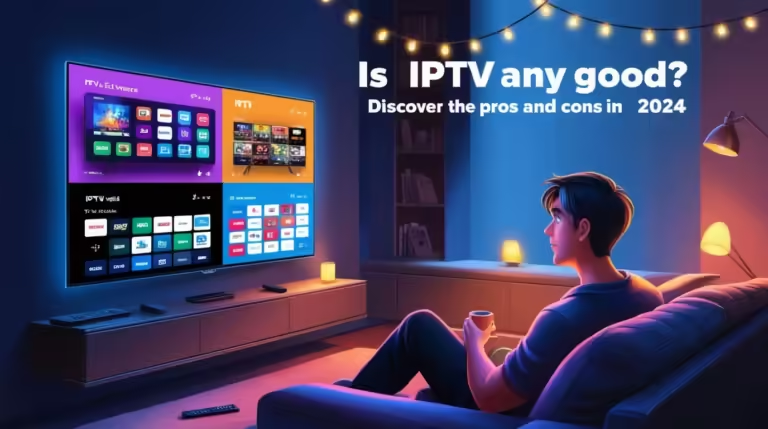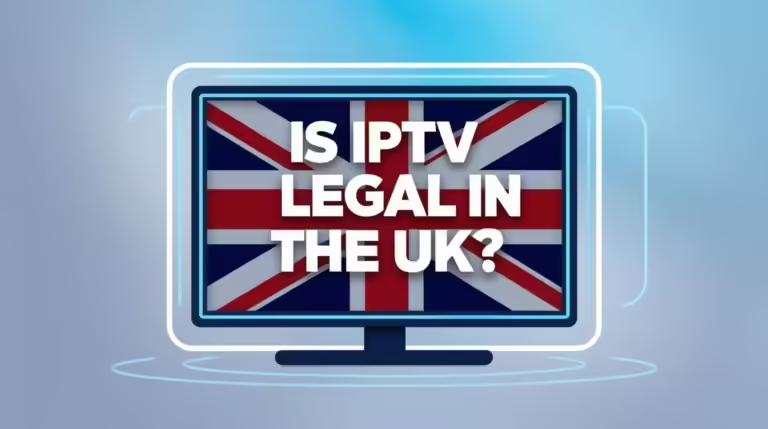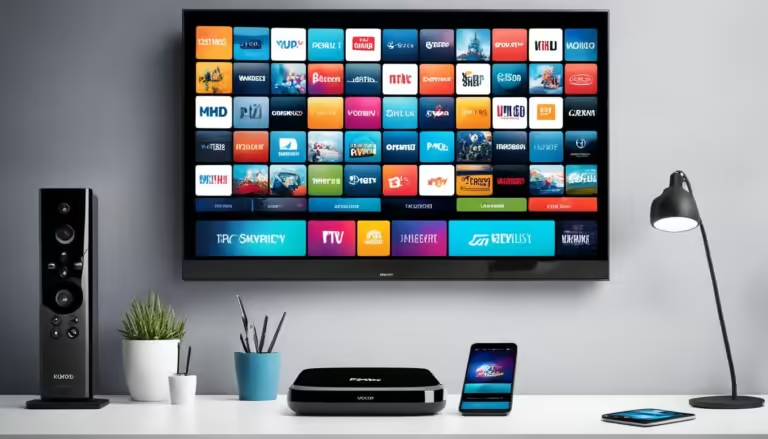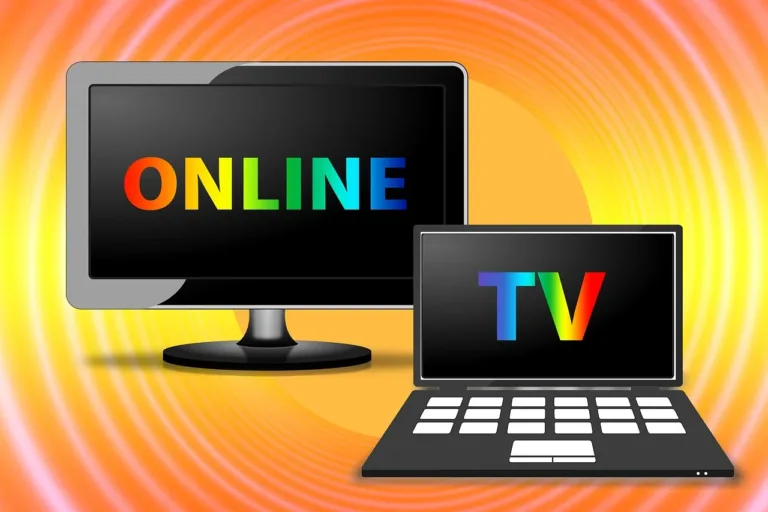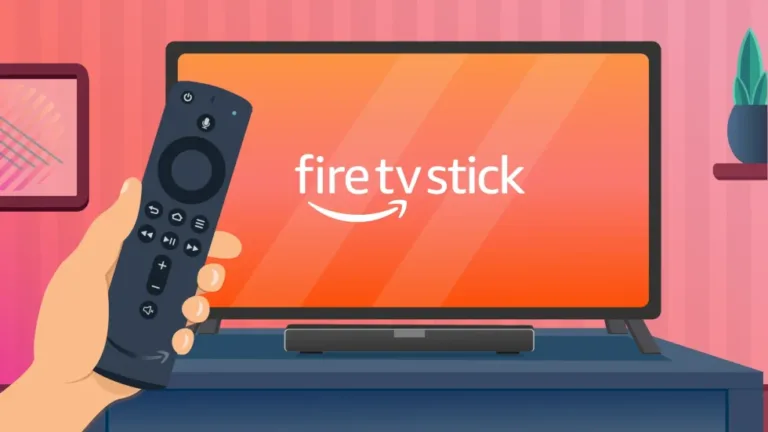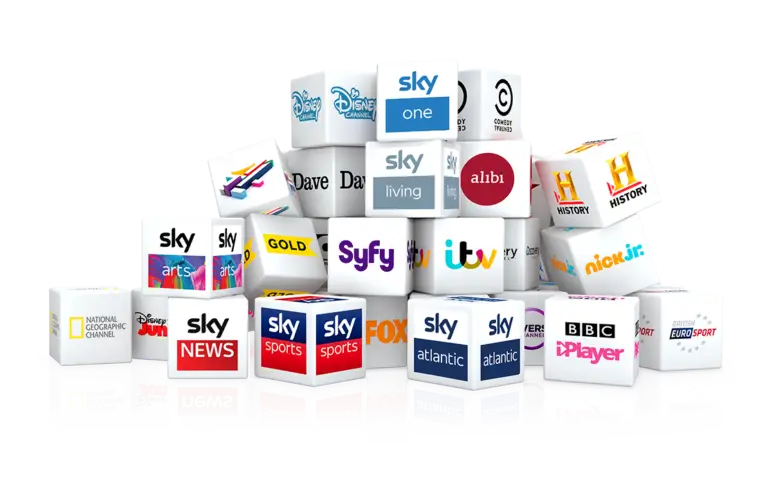In the age of digital transformation, Internet Protocol Television (IPTV) has emerged as a revolutionary way to consume television content. IPTV allows users to stream TV shows, movies, and live broadcasts directly over the internet, bypassing traditional cable or satellite services. It promises greater flexibility, on-demand access, and an expansive range of viewing options. But is IPTV really the game-changer it’s cracked up to be? As enticing as it may sound, there are certain pitfalls to be aware of. In this article, we’ll delve into the disadvantages of IPTV to give you a comprehensive view of what you might be getting into.
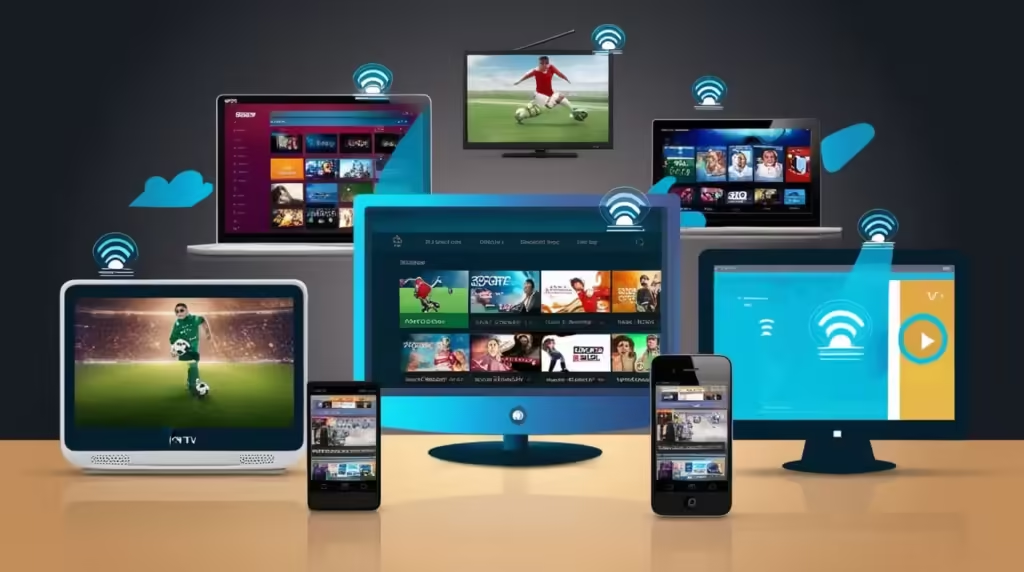
What Are the Disadvantages of IPTV? Unpacking the Common Pitfalls
While IPTV offers a world of convenience and choice, it isn’t without its downsides. Understanding the disadvantages of IPTV can help you make an informed decision about whether this technology aligns with your viewing needs.
Firstly, one of the most significant drawbacks is the reliance on a stable and high-speed internet connection. IPTV streams content over the internet, which means that if your connection is slow or unstable, your viewing experience can be severely affected. Buffering, lag, and interruptions become common issues that can turn a relaxing TV session into a frustrating ordeal. This dependency on a robust internet connection can be a major drawback, especially in areas where high-speed internet is not readily available.
Secondly, IPTV services often come with their own set of hidden costs. While many IPTV providers advertise low monthly rates, these prices can quickly escalate when additional features or premium content packages are added. The seemingly affordable base subscription might not include the full range of channels or on-demand content you expect, leading to unexpected charges.
Moreover, the legal landscape surrounding IPTV services can be quite murky. Some IPTV providers may offer access to copyrighted content without proper licensing, putting users at risk of legal issues. This legal uncertainty is another pitfall to consider, as it could result in fines or other legal repercussions if the service is found to be distributing pirated content.
Lastly, IPTV services can suffer from quality issues. Despite the promise of high-definition streaming, the quality can vary depending on the provider, your internet speed, and the device you’re using. This inconsistency in quality can detract from the overall viewing experience and make IPTV less appealing compared to traditional TV services.
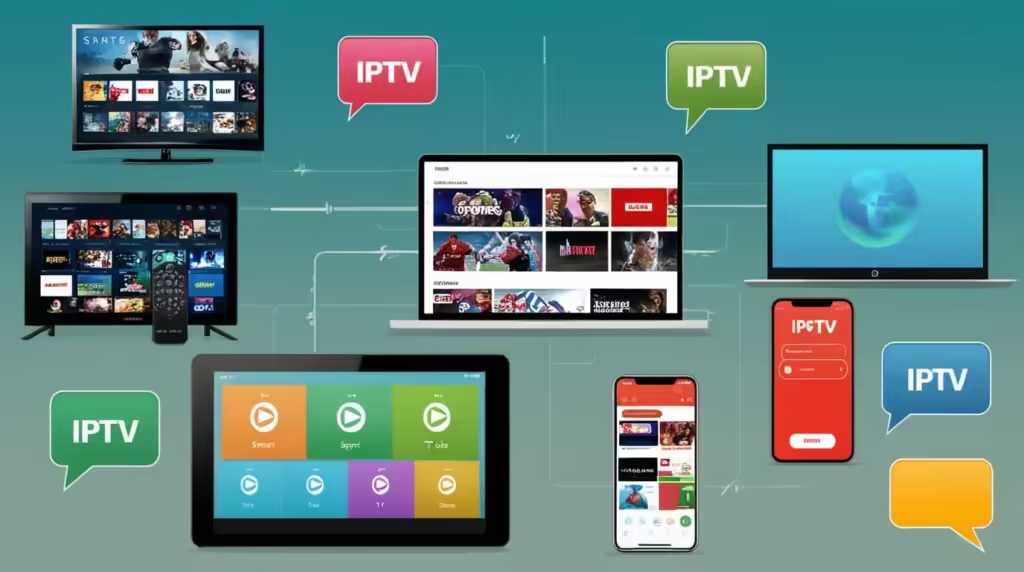
Technical Troubles: What Are the Disadvantages of IPTV Related to Connectivity?
When discussing the disadvantages of IPTV, technical troubles related to connectivity are at the forefront. IPTV services are entirely dependent on a stable and fast internet connection. Unlike traditional cable or satellite TV, which rely on physical signals or satellite connections, IPTV requires a continuous internet stream to deliver content.
One of the primary issues is bandwidth. IPTV consumes significant amounts of data, especially for high-definition or 4K content. If your internet bandwidth is limited or if multiple devices are using the same network simultaneously, you may experience buffering and reduced video quality. This can be particularly problematic during peak usage times when internet speeds are generally slower.
Another technical challenge is network reliability. IPTV services are subject to the same network issues that affect other internet-based services. This means that if your internet service provider (ISP) experiences outages or technical difficulties, your IPTV service will also be interrupted. Unlike traditional TV, which may offer backup options or fail-safes, IPTV is vulnerable to any disruption in internet service.
Additionally, the quality of your IPTV service can be influenced by the router and network setup in your home. A poor-quality router or a network that isn’t properly optimized for streaming can lead to a subpar viewing experience. Ensuring that your home network is capable of handling IPTV demands often requires investment in better equipment and possibly even professional setup.
Lastly, technical support for IPTV can be hit or miss. While many providers offer customer service, the assistance may not always be effective in resolving connectivity issues. This can leave users frustrated and without a clear path to resolving their IPTV-related problems.
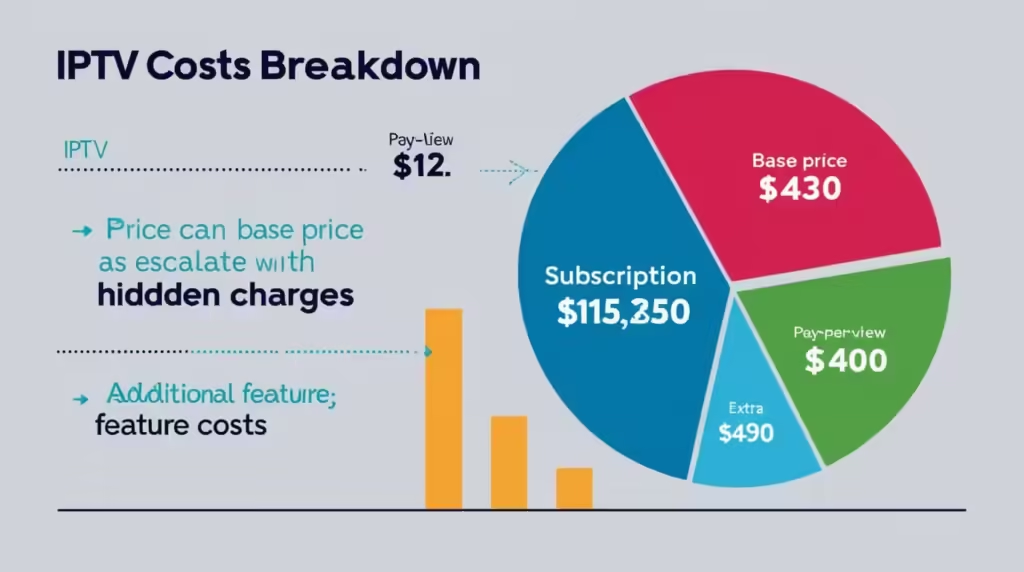
Hidden Costs and Subscriptions: What Are the Disadvantages of IPTV Pricing Models?
When exploring the disadvantages of IPTV, hidden costs and complex subscription models often top the list. While the initial price of IPTV services might seem attractive, it’s essential to look beyond the base subscription to understand the full financial picture.
Many IPTV providers advertise low monthly fees to attract customers. However, these base plans often come with limited channel offerings and minimal features. To access additional channels, premium content, or advanced features, you may need to upgrade to higher-tier packages, each of which comes with its own additional costs. These incremental fees can quickly add up, making the initial bargain price much less appealing in the long run.
Moreover, some IPTV services use a pay-per-view or pay-per-channel model, which can further inflate your monthly costs. While this allows for flexibility in viewing, it can also lead to unpredictable expenses, especially if you frequently rent movies or special events. The cost of these pay-per-view options can accumulate significantly over time, potentially surpassing the cost of traditional cable or satellite TV.
In addition to subscription costs, there may be extra charges for certain features or services. For example, DVR functionality, which allows you to record and store content, is often not included in the basic package and might require a separate fee. Similarly, some IPTV services charge extra for access to international channels or niche content.
Hidden costs can also include installation fees, especially if the service requires specific equipment or setup. While some IPTV providers offer self-installation options, others may charge for professional installation, adding to your initial outlay.
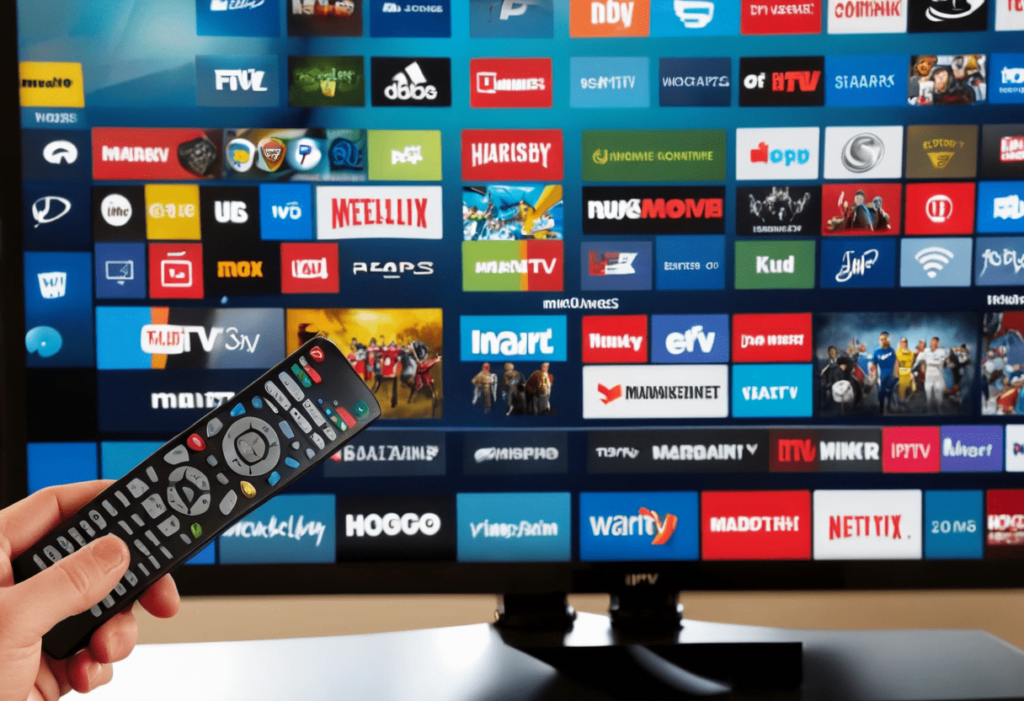
Legal Grey Areas: What Are the Disadvantages of IPTV When It Comes to Content Legality?
One of the more complex disadvantages of IPTV involves the legal issues surrounding content legality. The legal landscape of IPTV is nuanced and can vary significantly by country and region.
A primary concern is that some IPTV providers offer access to content without proper licensing agreements. This means that while you may be paying for a subscription, the content you are accessing could be pirated. Using such services can expose you to potential legal risks, including fines or legal action, if authorities deem the content distribution as illegal.
Furthermore, the legality of IPTV services can be a gray area in many regions. While some countries have clear regulations governing IPTV, others may have ambiguous or outdated laws that do not address the nuances of digital streaming. This legal uncertainty can make it difficult for consumers to understand whether they are engaging with a legally compliant service or one that operates in a legal gray zone.
In some cases, even if the IPTV service itself is legal, the content offered may not be. For example, accessing channels or programming that is not authorized for distribution in your region could lead to legal consequences. It’s important to be aware of regional content restrictions and ensure that your IPTV provider complies with local regulations.
Additionally, changes in copyright laws and enforcement practices can impact IPTV legality. As copyright enforcement evolves, previously legal services may find themselves under scrutiny, potentially putting users at risk.
Quality Concerns: What Are the Disadvantages of IPTV in Streaming Performance?
When evaluating the disadvantages of IPTV, quality concerns are a significant factor. Despite the promise of high-definition streaming, the actual performance can vary based on several factors.
One major issue is the variability in streaming quality. IPTV services can offer different resolutions and quality levels, from standard definition to 4K. However, the actual quality you experience is highly dependent on your internet speed and the IPTV provider’s infrastructure. Users with slower internet connections may find themselves watching content in lower resolutions, which can detract from the overall viewing experience.
Buffering is another common problem associated with IPTV. Even with a fast internet connection, high traffic on the network or issues with the IPTV provider’s servers can lead to interruptions and delays. This can be particularly frustrating during live broadcasts or important events, where constant buffering can disrupt the viewing experience.
Moreover, IPTV quality can be inconsistent across different devices. Streaming on a high-end smart TV might offer a different experience compared to streaming on a mobile device or computer. Variations in device capabilities, screen resolution, and app performance can all affect the quality of the content you view.
Additionally, some IPTV providers may compress video files to save bandwidth, which can result in reduced image and sound quality. While this compression helps to manage data usage, it can also impact the clarity and overall enjoyment of the content.
Customer Support Challenges: What Are the Disadvantages of IPTV Service Assistance?
Customer support is a crucial aspect of any service, and IPTV is no exception. However, the disadvantages of IPTV in terms of customer support can be quite significant.
One of the primary challenges is the variability in support quality. While some IPTV providers offer responsive and effective customer service, others may fall short. Issues such as technical difficulties, billing problems, or account management may not be addressed promptly, leading to frustration for users.
The complexity of IPTV technology can also complicate customer support. Unlike traditional TV services, IPTV involves a range of technical components, including internet connectivity, routers, and streaming devices. Resolving issues often requires specialized knowledge, and not all support teams may have the expertise to handle complex technical problems effectively.
Additionally, support channels can be limited. Some IPTV providers offer support only through email or online ticketing systems, which can lead to slow response times. Others may have limited phone support or no live chat options, making it difficult to get immediate assistance when issues arise.
The lack of comprehensive troubleshooting resources can also be a drawback. While some providers offer detailed FAQs or support forums, others may not have adequate resources to help users resolve problems on their own. This can leave users feeling helpless when facing technical issues.
Finally, the overall customer experience can be impacted by the provider’s approach to service. Some IPTV companies may prioritize cost savings over customer support quality, leading to a less satisfactory experience for users.
Conclusion
IPTV represents a significant shift in how we consume television content, offering flexibility, variety, and on-demand access. However, as with any technology, it comes with its own set of challenges and disadvantages. From connectivity issues and hidden costs to legal concerns and quality variability, understanding these potential pitfalls is crucial for making an informed decision about whether IPTV is right for you. By being aware of what you might be getting into, you can better navigate the IPTV landscape and choose a service that aligns with your viewing preferences and needs.

